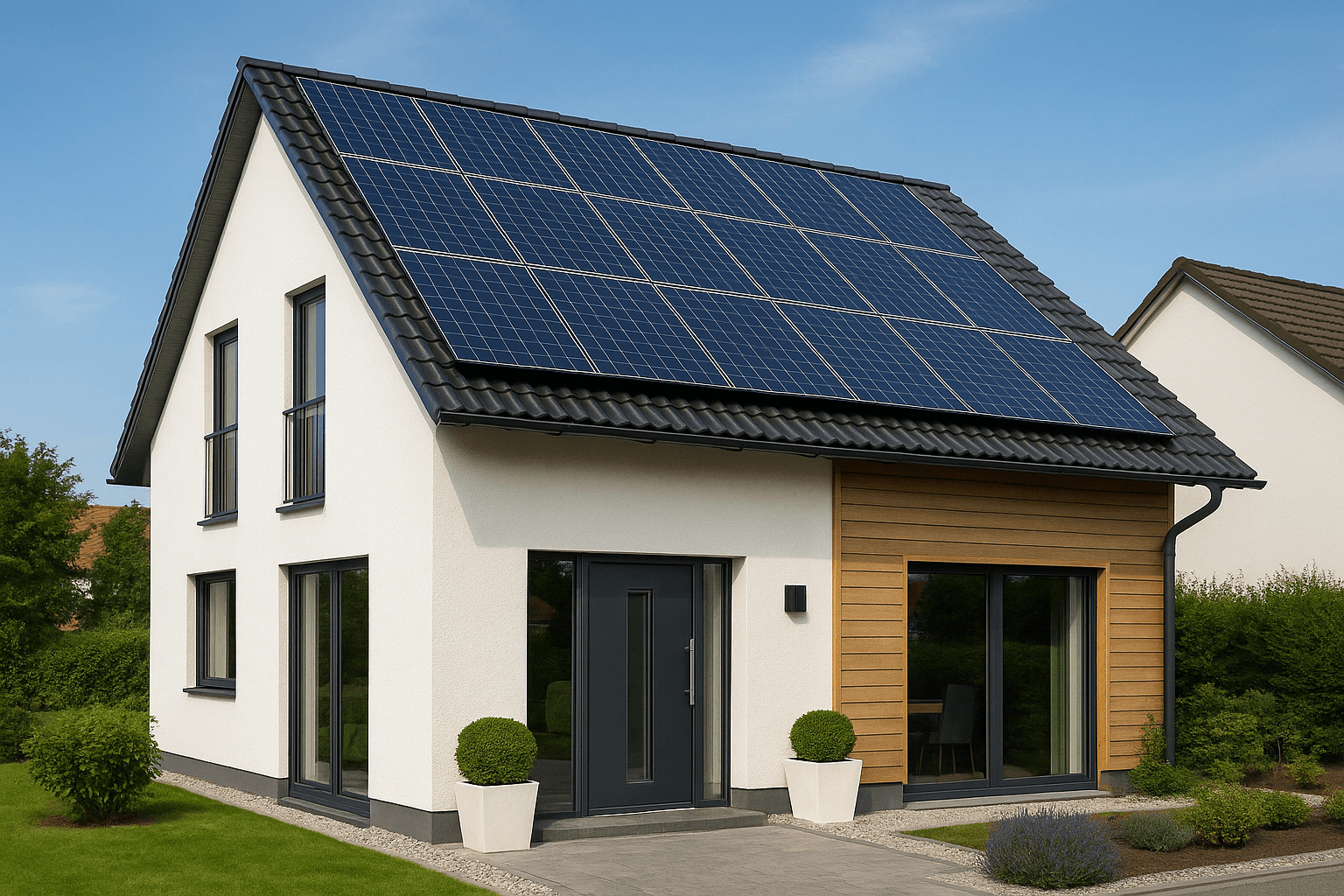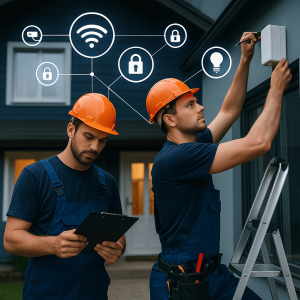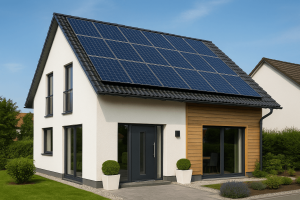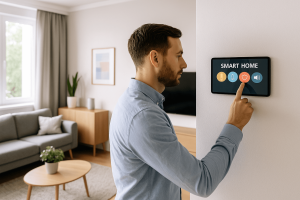In today’s advanced world, smart home and building automation is no longer a luxury—it’s a necessity for improving efficiency and reducing energy consumption. One of the key benefits of smart systems is their significant impact on energy savings.
Dona Electronic Technologists has taken meaningful steps in this field, focusing on the development of smart systems and electronic solutions. In this article, we explore how smart systems help reduce energy consumption and how technology paves the way for a more sustainable future.
What is a Smart System?
A smart system is a combination of hardware and software that collects and analyzes environmental data to make intelligent decisions. These systems include sensors, actuators, processors, and communication networks and can operate either automatically or semi-autonomously.
How Smart Systems Reduce Energy Consumption
1. Smart Lighting Control
Lighting is one of the major sources of energy consumption in buildings. Using presence sensors, ambient light detection, and programmable timers, smart systems turn lights on only when and where needed.
This not only saves electricity but also extends the lifespan of lighting equipment.
2. Smart Heating and Cooling Management
HVAC systems are among the most energy-intensive appliances. Smart thermostats adjust temperature automatically based on occupancy, weather conditions, and time of day.
As a result, energy use is optimized without compromising user comfort.
3. Energy Consumption Monitoring and Analysis
Smart systems gather usage data from various devices and provide detailed consumption reports.
This allows users to identify consumption patterns and take targeted actions for optimization.
4. Smart Load Management
By prioritizing electrical devices, smart systems can defer the operation of non-essential appliances during peak hours.
This reduces strain on the grid and lowers electricity bills.
5. Integration with Renewable Energy Sources
Smart systems can integrate with clean energy sources like solar or wind.
They intelligently decide when to use stored battery power or switch to the public grid to maximize savings.
6. Machine Learning and Behavior Prediction
Using advanced algorithms, smart systems learn user behavior over time and optimize energy consumption accordingly.
This ensures comfort while maintaining energy efficiency.
Dona Electronic Technologists offers cutting-edge smart system solutions with the following advantages:
- Customized designs tailored to client needs
- Remote control via mobile app
- Full IoT compatibility for future scalability
- Enhanced safety and building security
- Up to 30% or more energy cost reduction in specific projects
Challenges and Solutions
Despite their benefits, smart systems face challenges such as high initial costs, user training requirements, and cybersecurity concerns.
Dona Electronic Technologists addresses these issues with affordable solutions, technical support, and secure infrastructure design.
Conclusion
Implementing smart systems is a practical way to reduce energy usage, lower costs, and protect the environment.
These systems enhance comfort and safety while guiding society toward optimized energy consumption and a more sustainable future.
Thanks to companies like Dona Electronic Technologists, access to these innovations is now more achievable than ever.



